The University of Chicago Press, Chicago 60637
The University of Chicago Press, Ltd., London
2018 by The University of Chicago
All rights reserved. No part of this book may be used or reproduced in any manner whatsoever without written permission, except in the case of brief quotations in critical articles and reviews. For more information, contact the University of Chicago Press, 1427 E. 60th St., Chicago, IL 60637.
Published 2018
Printed in the United States of America
27 26 25 24 23 22 21 20 19 18 1 2 3 4 5
ISBN-13: 978-0-226-49876-8 (cloth)
ISBN-13: 978-0-226-49893-5 (paper)
ISBN-13: 978-0-226-49909-3 (e-book)
DOI: 10.7208/chicago/9780226499093.001.0001
Library of Congress Cataloging-in-Publication Data
Names: Englund, Harri, author.
Title: Gogo Breeze : Zambias radio elder and the voices of free speech / Harri Englund.
Description: Chicago ; London : The University of Chicago Press, 2018. | Includes bibliographical references and index.
Identifiers: LCCN 2017029781 | ISBN 9780226498768 (cloth : alk. paper) | ISBN 9780226498935 (pbk. : alk. paper) | ISBN 9780226499093 (e-book)
Subjects: LCSH: Gogo Breeze. | Radio broadcastingZambia. | Breeze FM (Radio station : Zambia) | Mass mediaSocial aspectsZambia.
Classification: LCC HE8699.Z33 E54 2017 | DDC 384.54092 [B]dc23
LC record available at https://lccn.loc.gov/2017029781

This paper meets the requirements of ANSI/NISO Z39.48-1992 (Permanence of Paper).
As a matter of protocol likely to be appreciated by the main subject of this book, I begin by acknowledging the unwavering support of Breeze FMs founder and director, M. Michael Daka. He opened the radio station for me in a way that made my anthropological study there not only possible but exhilarating. I never felt restrained or encountered red tape. The more I spent time at Breeze FM, the more Daka also became a formidable interlocutor, whose outlook on life will have a lasting impact on me as a person. While the following pages contain observations that he would hardly include in an authorized account of the station, I hope that they can convince him and his staff of the seriousness with which I have approached the task of writing about it.
Peter Grayson Nyozani Mwale, aka Gogo Breeze, was my first reason to go to Breeze FM and remained the linchpin of my research throughout. Having identified an exciting area of research in political and moral thought on vernacular radio in Malawi, I was intrigued to learn about this popular radio personality in Zambias Eastern Province. Several visitors had interviewed him before my arrival, and I found a provincial celebrity so confident about his work that he seemed from the outset unperturbed by my shadowing him across the various spheres of his influence. As with Daka, our rapport grew into a collaboration with mutual, if distinct, benefits. Rarely had he met a foreigner whose passion for Chinyanja was virtually equal to his own. I salute him for the generosity of spirit he showed me as we learned more about one anothers projects and for the countless hours spent discussing this or that aspect of Chinyanja and the other languages used on his programs.
Anyone reading this book will notice that it is not a biography, let alone a hagiography, of the man whose radio name it bears. My ethnographic approach was always going to accommodate a wide range of persons and programs at Breeze FM. Although Gogo Breeze was both the beginning and end of my research, it involved many more people at Breeze FM and in Eastern Province than are apparent in the book. Certain other radio personalities appear with their own names, while others, when the matter warrants it, are left anonymous. At any rate, I must register my debt of gratitude to the many employees at Breeze FMfrom presenters and newsreaders to technicians and administratorswho made my work there so productive, including Juliana Banda, Peter Frank Banda, George Luanja, Glenda Matoto, Martin Mwape, Naomi Mwimba, Deliwe Ngoma, Samuel Njobvu, Mtwalo Nzima, Gift Phiri, and Pauline Phiri. It pleases me that my collaboration with this remarkable world of broadcasting will continue through a series of podcasts featuring Gogo Breezes work.
I had the good fortune of making my first research trip to Eastern Province in the company of Giacomo Macola. An awe-inspiring historian and the truest of friends, he left an indelible mark of mirth on the place that made my subsequent solo sojourns there all the more enjoyable. Serving as Giacomos interpreter when he interviewed Ngoni chiefs for his own research also provided an excellent way into the history and present circumstances of the province before I made the radio station my base. It also made Nkosi Nzamane IV our mutual friend; his kindness and good humor contributed to my favorable first impressions of the area. Giacomo also generously shared his extensive knowledge of Zambia when reading my draft chapters.
In Lusaka, I did a productive spell of research at the National Archives of Zambia, the Zambia National Broadcasting Corporation (ZNBC), and Muvi TV. I thank all those who shared their time and insights as I became acquainted with the broader media scene in Zambia. Ernst Wendland kindly allowed me to listen to his collection of tapes featuring Gogo Juli, the radio elder of the 1960s and 1970s, whose programs had sadly been lost at the ZNBC. I also remember with gratitude the kindness afforded by Marja Hinfelaar, Walima Kalusa, Bizeck Phiri, and Anthony Simpson.
I am grateful to all who listened to, and offered comments on, the many presentations I made on this research in seminars, workshops, and conferences. British Academy, Churchill College, and the University of Cambridge supported my research financially. At the University of Cambridge, scores of scholars and students provided an intellectually stimulating environment in which to think, discuss, and write. Serendipity made the Centre for Governance and Human Rights adopt radio broadcasts in Africa as its major focus as I was starting my fieldwork. Florence Brisset-Foucault, Alastair Fraser, Iginio Gagliardone, and Sharath Srinivasan, some of whom carried out their own research at Breeze FM, allowed me to benefit from their findings and enabled me to see my own contribution more clearly.
The Division of Social Anthropology and the Centre of African Studies were other important hubs of intellectual life where colleagues and students responded to my work. Rupert Stasch put aside his own remarkable work to prepare a set of penetrating comments on draft chapters. I benefited from encouragement by, among many others, Matei Candea, Giovanni da Col, Andrea Grant, Paolo Heywood, George Karekwaivanane, James Laidlaw, Sian Lazar, and Joel Robbins, as I did from conversations with doctoral students whose writing-up I supervised alongside my own writing, including Clara Devlieger, Tom Neumark, Joe Philp, Jamie Wintrup, and Christina Woolner. Learning with Jessica Johnson has continued to be formative.
At the University of Chicago Press, I had the honor of working with T. David Brent before his retirement. He assigned impressive readers to my manuscript and ensured a smooth transition from review to production, after which the book was taken up by the eminently capable hands of Priya Nelson and Dylan Joseph Montanari.


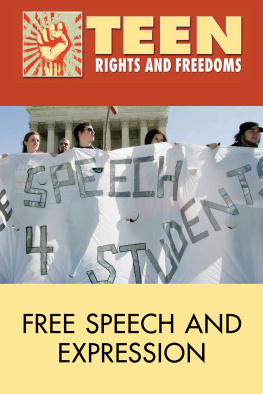

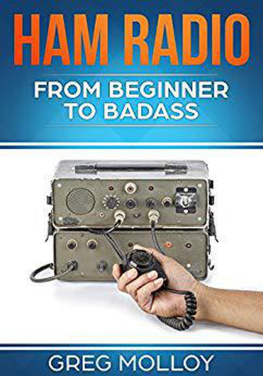
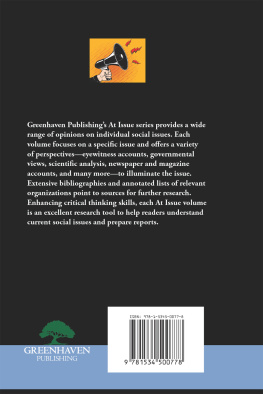
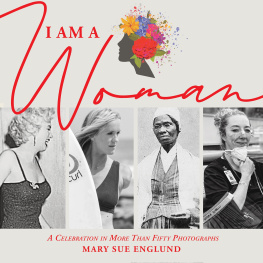
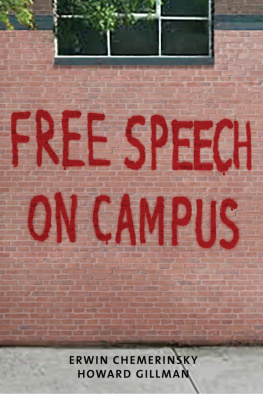

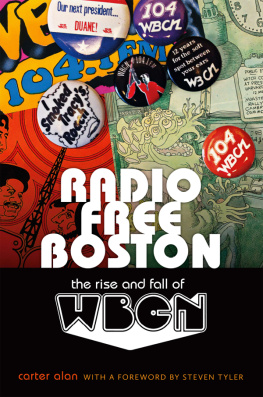

 This paper meets the requirements of ANSI/NISO Z39.48-1992 (Permanence of Paper).
This paper meets the requirements of ANSI/NISO Z39.48-1992 (Permanence of Paper).